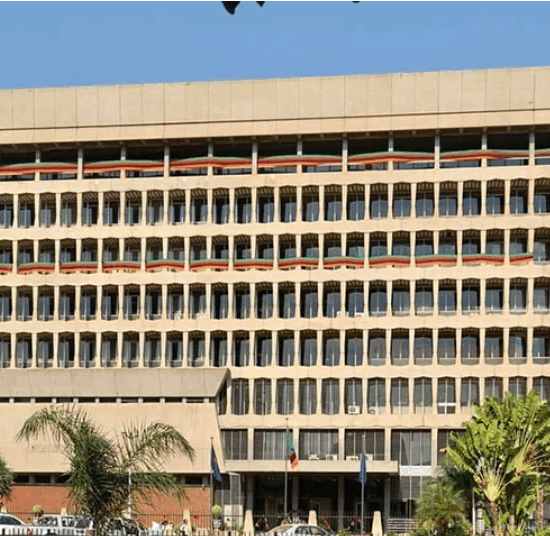
Household commodity prices are expected to continue going up if nothing is done urgently due to the elevated levels of the Kwacha depreciation which has now crossed the K20 per 1 US dollar mark.
The Kwacha slide has a telling effect on the Zambian economy and overall prices of goods and services due to imported inflation. And with the added pressure of servicing the Euro bond whose bond holders are reported to be reluctant to suspend debt servicing despite the Covid 19 pandemic effect, it looks like the downward trend for the economy may continue.
Speaking in an exclusive interview with Zambian Business Times – ZBT, Association of Microfinance Institutions of Zambia (AMIZ) Executive Director Webster Mate, stated that the situation looks pretty grim and that inflation may continue to rise as the demand for the dollar is exceeding the supply.
“When you look at what is happening on the financial markets, the demand for dollars is more than the supply, of course once in a while the central bank will whenever they are able to land some dollars, they are able to push that into the market to try and stabilize things. But given our situation right now, especially the debt burden, the outlook is looking very grim and the report from the bondholders is not helping the situation. So pressure is likely to mount on the kwacha, interest rates and prices of goods and services”, he told ZBT.
Furthermore, he said the views that where raised from commentators in the field of economics and finance say that the budget has some loop holes and that the budget falls short.
If you look at the JCTR food basket. Inflation affects what the common people depend on. Those commodities that are highly traded in the economy are things that are needed to keep our majority of homes going. Inflation does not spare them.
“Remember, two weeks ago, there was word that the price of fuel will go up, some service stations experienced queues to buy fuel before the price goes up. The point is, I don’t see how government will escape that”, he said.
Mate told ZBT that there is need to be less talk about politics and more discussions and talks about how the country can resolve these economic challenges. It’s as if there are no economic challenges, yet the majority are filling it.
A random survey has shown that commodity prices have continued to go up as most of the industrial inputs are imported into Zambia. These imported components are what is fueling the general increase in prices as even Agro produce dealers need at some point to buy imported products which need to be funded from their local businesses.
The biggest failure in the current economic management system in Zambia is that of failure to strategically manage the currency. The Kwacha has this year alone seen its value cut by over 42%. This drop in value is unacceptable and is only tolerated in emerging markets and country due to financial information gaps.







